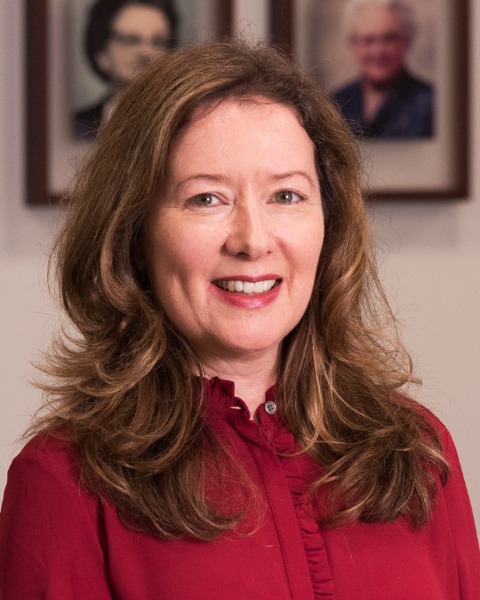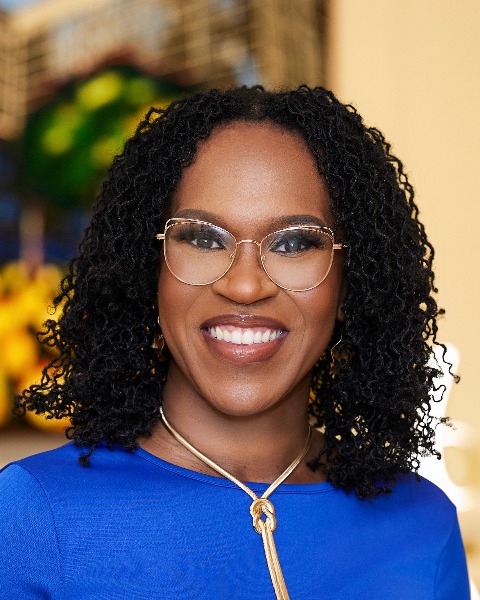Behavioral and Social Sciences
Best Practices and Data Exemplars in Design and Evaluation of Early-Phase Dyadic Interventions
-

Karen Lyons, PhD, FGSA (she/her/hers)
Professor
Connell School of Nursing
Boston College
Chestnut Hill, Massachusetts, United States -

Joan Monin, PhD
Associate Professor
Social and Behavioral Sciences
Yale School of Public Health
New Haven, Connecticut, United States -
SZ
Steven Zarit, PhD (he/him/his)
Distinguished Professor Emeritus
Human Development and Family Studies
The Pennsylvania State University
University Park, Pennsylvania, United States -

Joan Monin, PhD
Associate Professor
Social and Behavioral Sciences
Yale School of Public Health
New Haven, Connecticut, United States -

Kalisha Bonds Johnson, PhD, RN, PMHNP-BC (she/her/hers)
Assistant Professor, Tenure Track
Nell Hodgson Woodruff School of Nursing
Emory University
Atlanta, Georgia, United States -

Michael McCarthy, PhD, MSW (he/him/his)
Professor
Social Work
Northern Arizona University
Flagstaff, Arizona, United States -

Karen Lyons, PhD, FGSA (she/her/hers)
Professor
Connell School of Nursing
Boston College
Chestnut Hill, Massachusetts, United States
Chair(s)
Co-Chair(s)
Discussant(s)
Individual Symposium Abstract First Author(s)
Despite growing numbers of early-phase dyadic interventions, few move beyond early-phase and often lack intentional plans for development and evaluation to optimize success. This session includes four data-based papers that will discuss essential elements of design and evaluation of early-phase dyadic interventions with older adults and their care partners in both cognitive impairment and chronic illness contexts. First, Dr. Joan Monin and colleagues will describe the advantages of, and phases involved in, using an Appreciative Inquiry Workshop approach to develop an attachment-based communication intervention with dyads living with dementia. Second, Dr. Kalisha Bonds Johnson and colleagues will present phase I data from a study to develop and test a formal care decision-making intervention for African-American parent-adult child dyads living with dementia. The paper will discuss the importance of intentional community engagement, use of theory, and type of dyad (e.g., mother-daughter) when designing dyadic interventions. Third, Dr. Michael McCarthy and colleagues will use data from several studies to exemplify the advantages of mixed-methods designs in developing dyadic interventions, particularly in rural samples (e.g., strengthening participant engagement, maximizing resources, surfacing new questions). Finally, Dr. Karen Lyons and colleagues will present two approaches to evaluating dyadic benefits of interventions in small samples, the importance of assessing pre-test risk status within care dyads, and the need to assess relational impact of behavioral interventions. Speakers will share best-practices in developing, designing and evaluating early-phase dyadic interventions followed by a discussion of key take-homes by Dr. Steve Zarit.
This is a collaborative symposium between the Dyadic Health Research and Family Caregiving Interest Groups.
Learning Objectives:
- After this session, attendees will understand the advantages of using several community and dyad-centered approaches to developing dyadic interventions.
- After this session, attendees will understand the important roles theory, target population, measurement, and baseline risk status can play in designing dyadic interventions.
- After this session, attendees will be able to identify several approaches for evaluating the benefits of interventions for care dyads and advantages of each one.
Presentations:
-
12:00 PM - 1:30 PM PSTAppreciative Inquiry Workshop to Develop a Dyadic Intervention for Parents and Adult Children Coping With Dementia
Individual Symposium Abstract First Author: Joan K. Monin, PhD – Yale School of Public Health
-
12:00 PM - 1:30 PM PSTDeveloping a Culturally Tailored Intervention for African American Parent–Adult Daughter Dementia Dyads
Individual Symposium Abstract First Author: Kalisha Bonds Johnson, PhD, RN, PMHNP-BC (she/her/hers) – Emory University
-
12:00 PM - 1:30 PM PSTMixed-Methods Research Designs for Early-Phase Dyadic Health Research
Individual Symposium Abstract First Author: Michael J. McCarthy, PhD, MSW (he/him/his) – Northern Arizona University
-
12:00 PM - 1:30 PM PSTIntentional Evaluation of Dyadic Benefits of Early-Phase Interventions: Roles of Pretest Risk and Relational Impact
Individual Symposium Abstract First Author: Karen S. Lyons, PhD, FGSA (she/her/hers) – Boston College
